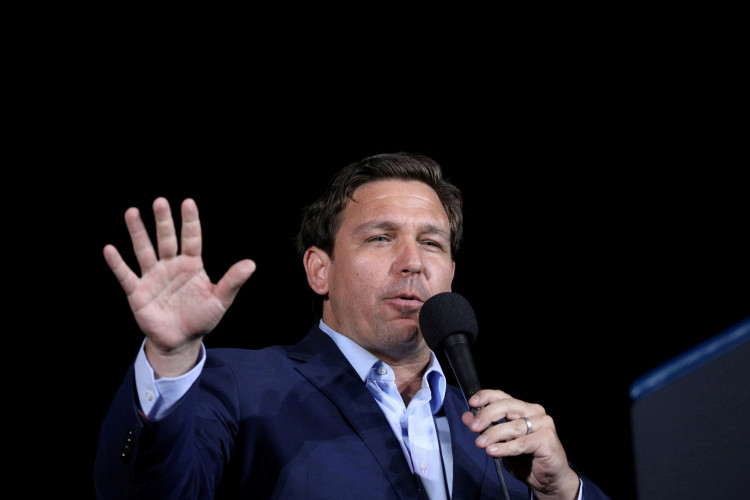Florida Gov. Ron DeSantis signed into law Monday the Stop Social Media Censorship Act, which greatly limits large social media platforms' ability to moderate or restrict user content.
The new law makes Florida the first U.S. state to prohibit social media platforms like Facebook and Twitter from throwing politicians off their sites, following the high-profile banning earlier this year of then-President Donald Trump.
The Stop Social Media Censorship Act says social media platforms can't "deplatform" political candidates, which means they can't block them indefinitely or for more than 14 days.
Sites that violate the law will be fined $250,000 a day if they deplatform statewide candidates and $25,000 if they block candidates for other offices.
The bill's supporters claim that it would prohibit social media sites from censoring views that they disagree with. However, critics argue that the law would prevent companies from policing misinformation and potentially harmful content.
According to NBC News, DeSantis, a Republican and Trump supporter, called for the bill's passage and is expected to sign it into law, although the legislation could face legal challenges.
Those on the right have alleged that Facebook and Twitter censor content for ideological reasons. These companies have consistently refuted this claim.
Following the deadly riot on Capitol Hill in Washington, D.C., Twitter permanently banned Trump Jan. 8 "due to the risk of further incitement to violence." The same day, Facebook barred Trump "indefinitely."
The moves followed a number of instances in which Twitter obscured Trump tweets with a warning label that provided a link to more details and enabled users to click to read the tweet.
Facebook took a more hands-off approach, but it did add labels to Trump's unfounded election fraud allegations.
The Florida law, however, is unconstitutional, according to an executive at tech lobbying company NetChoice, which claims to work "to make the internet safe for free enterprise and free expression."
"This bill abandons conservative values, violates the First Amendment, and would force websites to host antisemitic, racist and hateful content," Carl Szabo, vice president and general counsel at NetChoice said.
A report by The Washington Post said online misinformation about election fraud decreased by 73% in the week after Trump was barred from Twitter and other sites banned various pro-Trump content.






